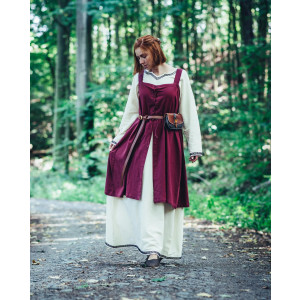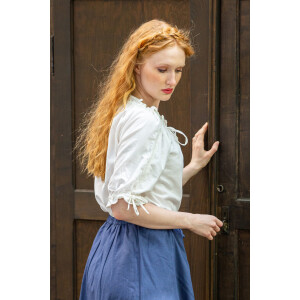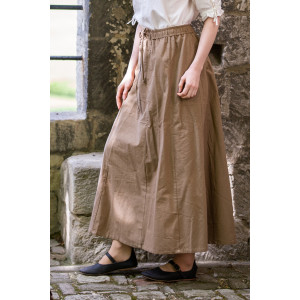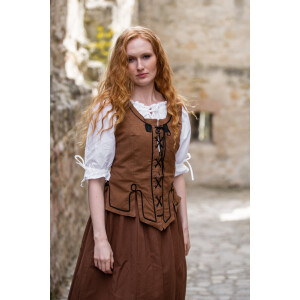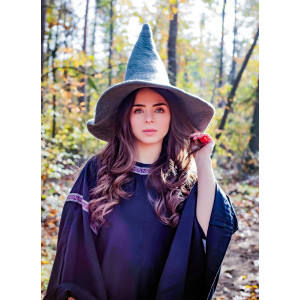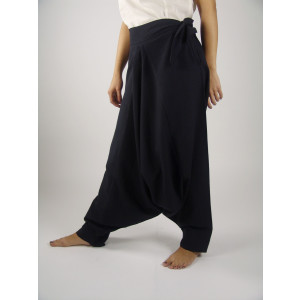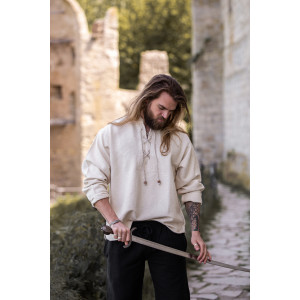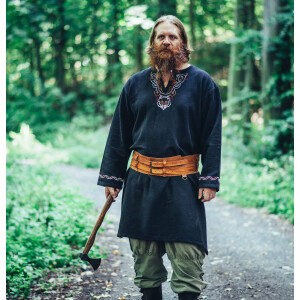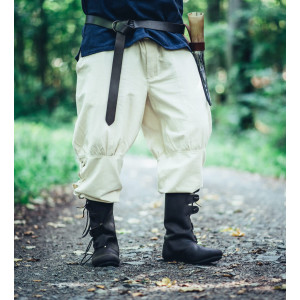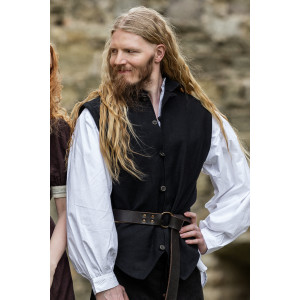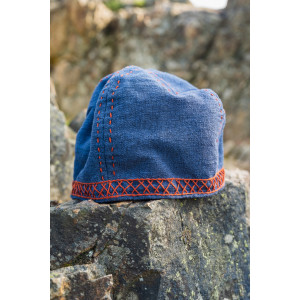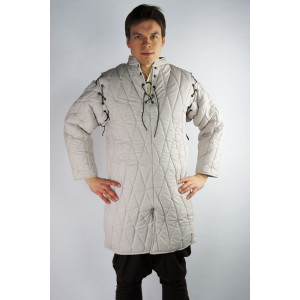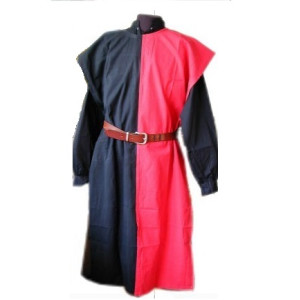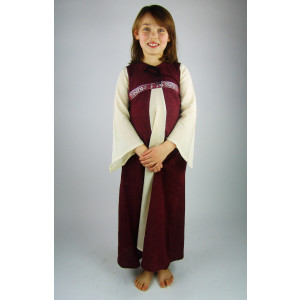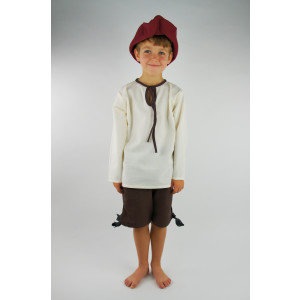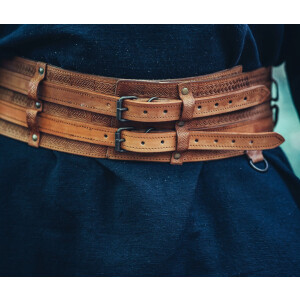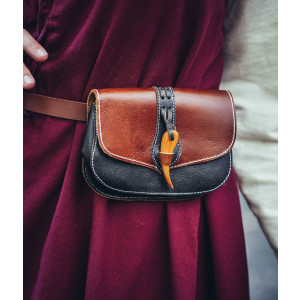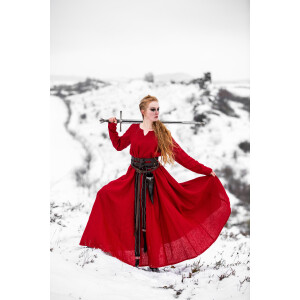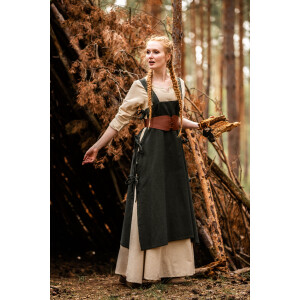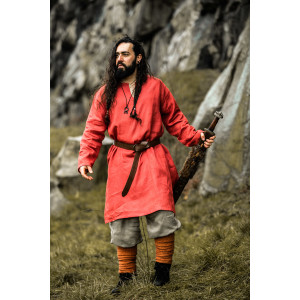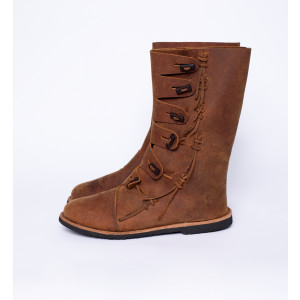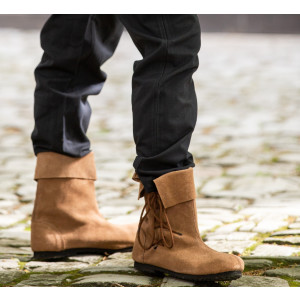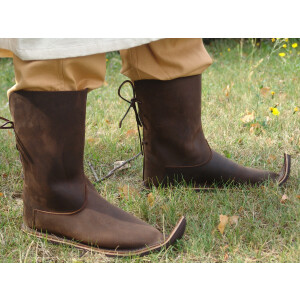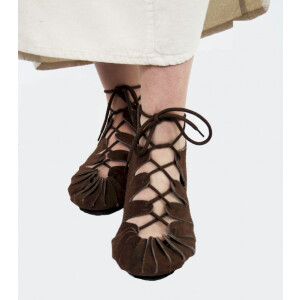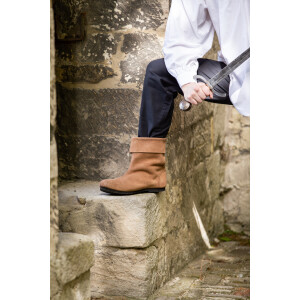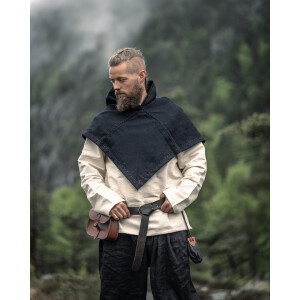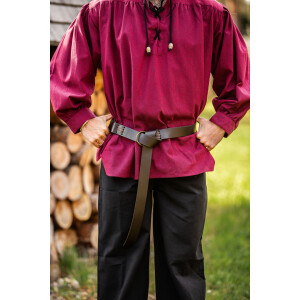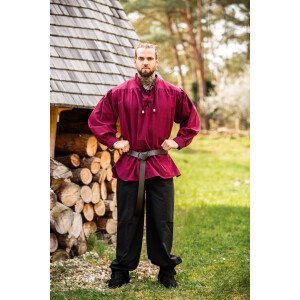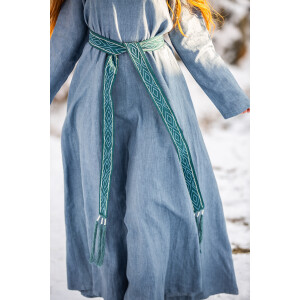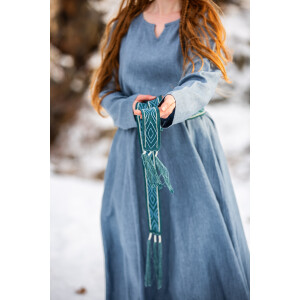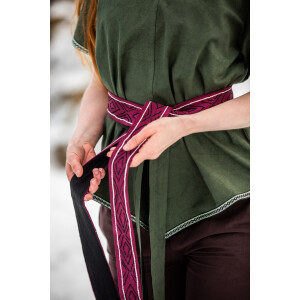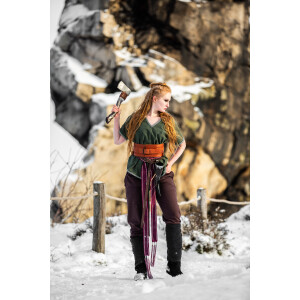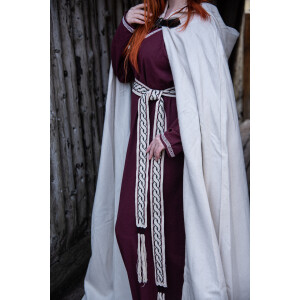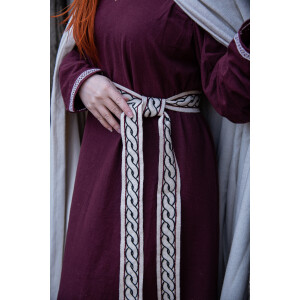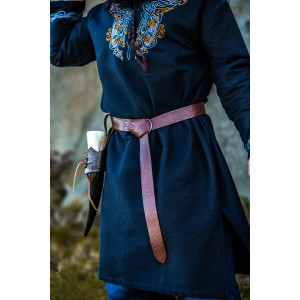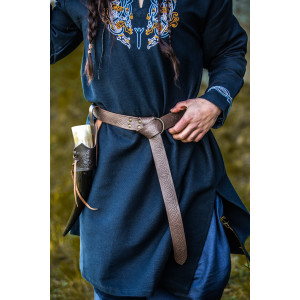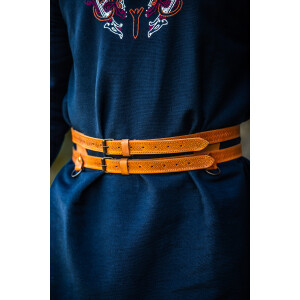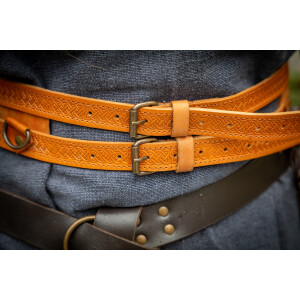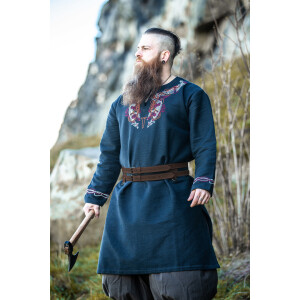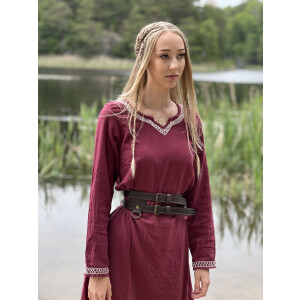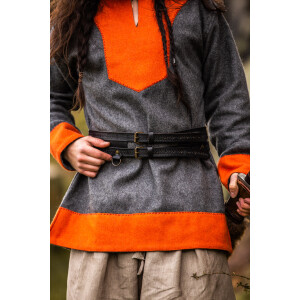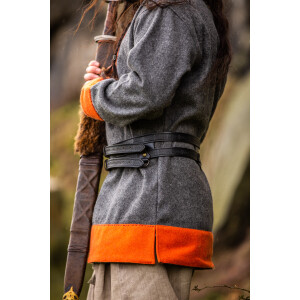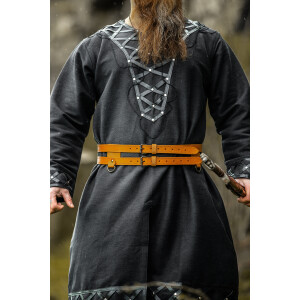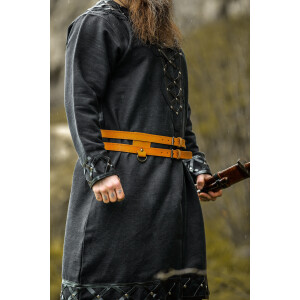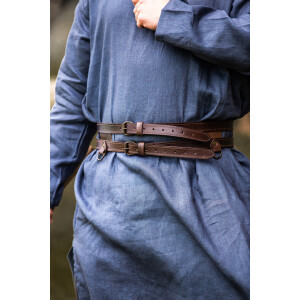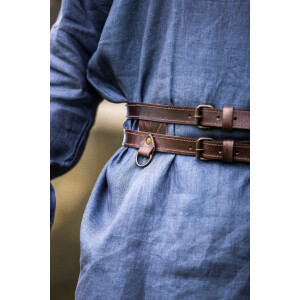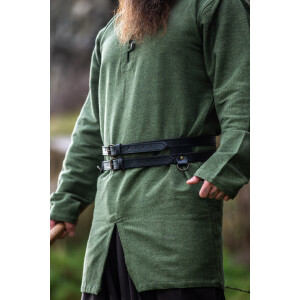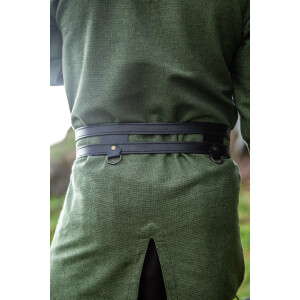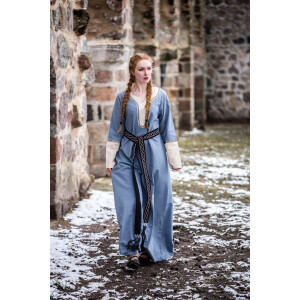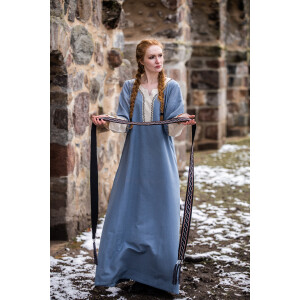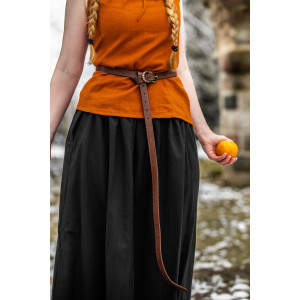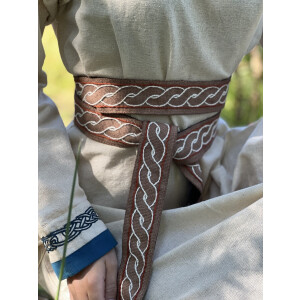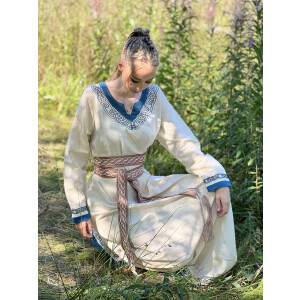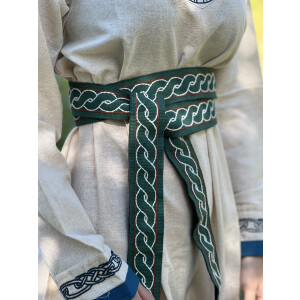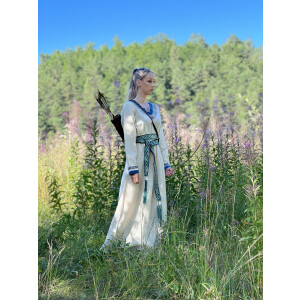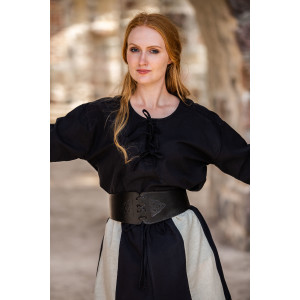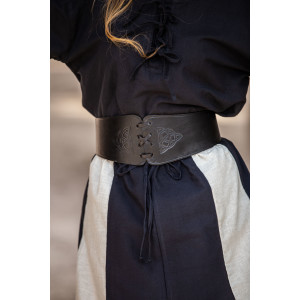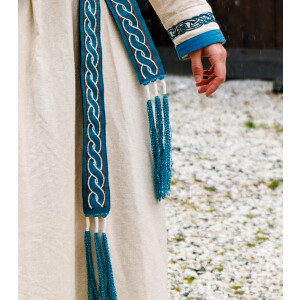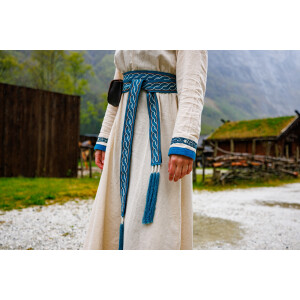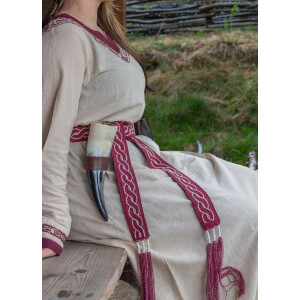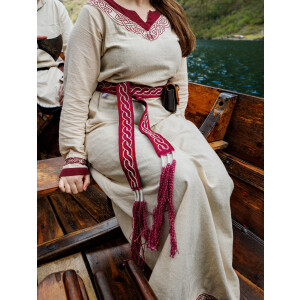BELTS
- Available immediately
-
Delivery time: 1 - 2 days (DE - int. shipments may differ)
- Available immediately
-
Delivery time: 1 - 2 days (DE - int. shipments may differ)
- Available immediately
-
Delivery time: 1 - 2 days (DE - int. shipments may differ)
- Available immediately
- Available immediately
- Available immediately
-
Delivery time: 1 - 2 days (DE - int. shipments may differ)
- Available immediately
-
Delivery time: 1 - 2 days (DE - int. shipments may differ)
- Available immediately
-
Delivery time: 1 - 2 days (DE - int. shipments may differ)
- Available immediately
-
Delivery time: 1 - 2 days (DE - int. shipments may differ)
- Available immediately
-
Delivery time: 1 - 2 days (DE - int. shipments may differ)
Belts round off every medieval garment
A belt is an indispensable accessory that is not only a visual highlight but also has a practical background: you can attach all kinds of accessories such as drinking horn holders, bags and pouches or sword holders. We offer a wide range of medieval belts made of genuine leather or cotton. In combination with a Viking tunic made of cotton or wool as well as Haithabu boots, our wide Viking belts with Celtic hallmarking or ring belts made of leather are definitely worth seeing. Our ladies' dresses or medieval blouses can also be seen with our bodice belts or one of our many leather belts.
Historical Significance of Belts
Belts have long been an essential accessory for humans. Their historical significance dates back to the earliest times of human history. In the Neolithic period, belts were made from animal materials like leather and primarily served to keep clothing in place.
With the advent of the Bronze and Iron Ages, belts assumed a fashionable and social significance. Ornamental belts, often made of metal and elaborately decorated, became a sign of wealth and social status. The Romans made belts an important part of military equipment. They were used to carry weapons but also to indicate a soldier's rank and position.
In the Early Middle Ages, the belt became a symbol of belonging to certain social groups or professions. Nobles and knights often wore wide belts studded with precious stones to underline their high status. Craftsmen and peasants, on the other hand, wore simpler, functional belts that facilitated their work.
The historical significance of belts lies not only in holding clothing together but also in symbolizing social structures and hierarchies. They are a sign of technological progress, social differentiation, and individual style.
Materials for Medieval and Viking Belts
Belts in the Middle Ages and Viking era were both a practical and a fashionable accessory. They were used to hold clothing in place, but also to show one’s status or belonging to a particular class or culture. Therefore, the choice of materials for making belts was of great importance.
One of the most commonly used materials was leather. Leather was sturdy, durable, and relatively easy to obtain. It could be dyed in various colors and adorned with decorations such as embossing or metal fittings to give the belt a personal touch. Metal fittings, such as belt buckles or clasps, were also popular and were often made from bronze, silver, or iron. They served not only the practical function of closing the belt but were also a status symbol and were sometimes elaborately decorated.
Medieval Belt as a Carrier for Pouches, Drinking Horns, and Accessories
In the Middle Ages, the belt was used as a practical carrier for various containers and accessories. It served as a multifunctional mounting to transport items such as pouches, bags, and drinking horns safely and within easy reach.
The belt was often worn around the waist and fastened with one or more buckles. Various pouches and bags could be attached to it to store personal items like coins, keys, or tools. These pouches were often fastened with leather straps or cords to prevent slipping or falling off.
Drinking horns were also a popular accessory attached to the belt. They were often made from animal horns and served as drinking vessels for wine, beer, or water. By attaching the drinking horns to the belt, they were always readily accessible and one could quench their thirst at any time.
Popular Themes
